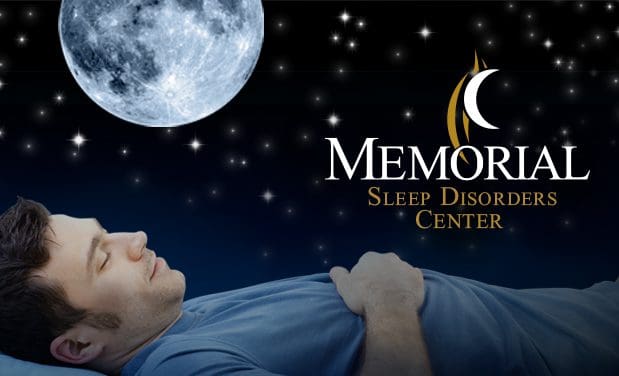Sleep Apnea

Sleep apnea is a serious disorder in which breathing is consistently obstructed for periods of time then resumes after a brief awakening.
Because air isn’t flowing during sleep apnea, your blood receives less oxygen and your brain reacts by interrupting your sleep (and you may gasp or choke). This cycle can occur hundreds of times a night, so you aren’t actually getting the sleep you need to properly function during the day.
Symptoms
Although sleep apnea affects both men and women, its symptoms may show up differently.
Sleep apnea symptoms in men
- Snoring
- Choking or gasping while asleep
- Daytime sleepiness
- Shortness of breath when waking up
- Moments of not breathing during sleep
- Headaches in the morning
Sleep apnea symptoms in women
In addition to the symptoms for men, women may also experience fibromyalgia, hypothyroidism, and high blood pressure that medication may not help.
Risk Factors for Sleep Apnea
- Weight
- Being male
- Age (over 60)
- Family history
- Neck circumference of 15.75 or more.
Left untreated, sleep apnea can lead to hypertension (high blood pressure), heart disease, stroke, and many other diseases.
Sleep Apnea Quiz
To find out if you’re at risk for sleep apnea, take our simple quiz.
Getting Treatment
While there is a lot of sleep apnea information available on the Internet, you should see a sleep medicine doctor for a proper diagnosis and treatment plan. To schedule a sleep study with Memorial Sleep Disorders Center, call (618) 257-5787.
In This Section


